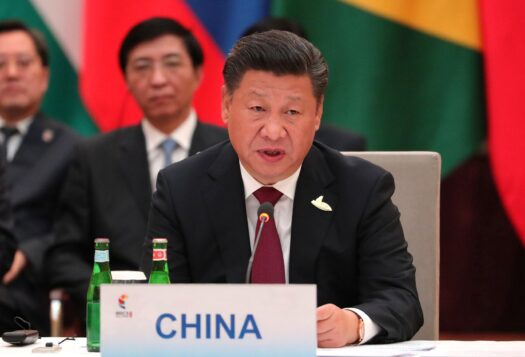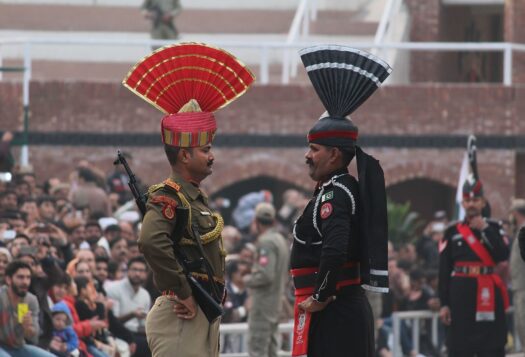
After more than 18 years of conflict, the United States and the Taliban signed an agreement on February 29, 2020 that paved the way for a U.S. withdrawal from Afghanistan. In the months since, the Afghan government has been preparing for intra-Afghan negotiations with the Taliban following a contentious election and continued spates of violence in the country. In a virtual panel hosted by South Asian Voices on August 18, the Stimson Center’s South Asia Program Deputy Director Elizabeth Threlkeld moderated a discussion with SAV contributors Fizza Batool, Neha Dwivedi, Jumakhan Rahyab, and Saurav Sarkar on how Afghanistan, the United States, Pakistan, India, and Iran might respond to a range of future scenarios. Future outcomes in Afghanistan will be shaped for years to come by two key milestones: the withdrawal of U.S. troops and negotiations between the Afghan government and Taliban representatives.
Watch their full discussion below. For more analysis on the intra-Afghan talks, Afghan-Tabilan relations, and the potential impacts of the U.S. withdrawal, read the SAV series “The Future of Afghanistan.”
Speakers:
Fizza Batool is a doctoral candidate in the Department of International Relations at the University of Karachi in Pakistan, and an Adjunct Faculty at the same university. Her doctoral research involves the identification of factors contributing to political participation in illiberal democracies. She is also an Adjunct Faculty at Iqra University and has recently served as a Senior Research Fellow at the Centre for Peace, Security and Developmental Studies (CPSD) – a non-profit policy think-tank in Karachi. Her main research interests include political participation, voting behavior, and comparative politics.
Neha Dwivedi is a Research Analyst at Janes and was an SAV Visiting Fellow in July 2018. She holds a Master’s degree in Geopolitics and International Relations from the Manipal Academy of Higher Education in Manipal, India. Her research interests include Afghanistan, emerging geopolitics of the Middle East, refugee crises, military balance in South Asia, Islam and identity politics, and regional aspects of human rights. She has also contributed articles for The Diplomat magazine, Jane’s Intelligence Review, Centre for Land Warfare Studies (CLAWS), and The Diplomatist. Formerly, she was associated with the Centre for Studies in International Relations and Development (CSIRD) in Kolkata as a research intern.
Jumakhan Rahyab is a Fulbright Graduate Fellow at the University of Massachusetts’ McCormack Graduate School of Policy and Global Studies, where he is pursuing a master’s degree in Peace and Conflict Resolution Studies. He holds a BA in Political Science from Kabul University, and is an alumnus of the Young Leaders Forum (YLF). He has been involved in civil society and human rights activism since 2013 when he co-founded Youth Development Association (YDA), a local CSO focused on youth and women empowerment through advocacy, training, and raising awareness.
Saurav Sarkar is a Research Associate at the Center for Air Power Studies, New Delhi. He is also currently a South Asian Voices Visiting Fellow at the Stimson Center, Washington DC. Previously, he worked at the Institute of Chinese Studies, New Delhi. His research interests include terrorism and conflicts in South Asia with a focus on the Afghanistan-Pakistan region.
Elizabeth Threlkeld is a Senior Fellow and Deputy Director of the South Asia Program at the Stimson Center. Before joining Stimson, she served as a Foreign Service Officer with the U.S. Department of State in Islamabad and Peshawar, Pakistan, and Monterrey, Mexico. Threlkeld previously worked in the Kurdish region of northern Iraq, where she managed development interventions on gender-based violence and ethno-sectarian reconciliation. She has additional work and educational experience in China, Taiwan, and Turkey, and began her career with the Asia-Pacific Security Program at the Center for a New American Security.
***
Image 1: R9 Studios FL via Flickr


